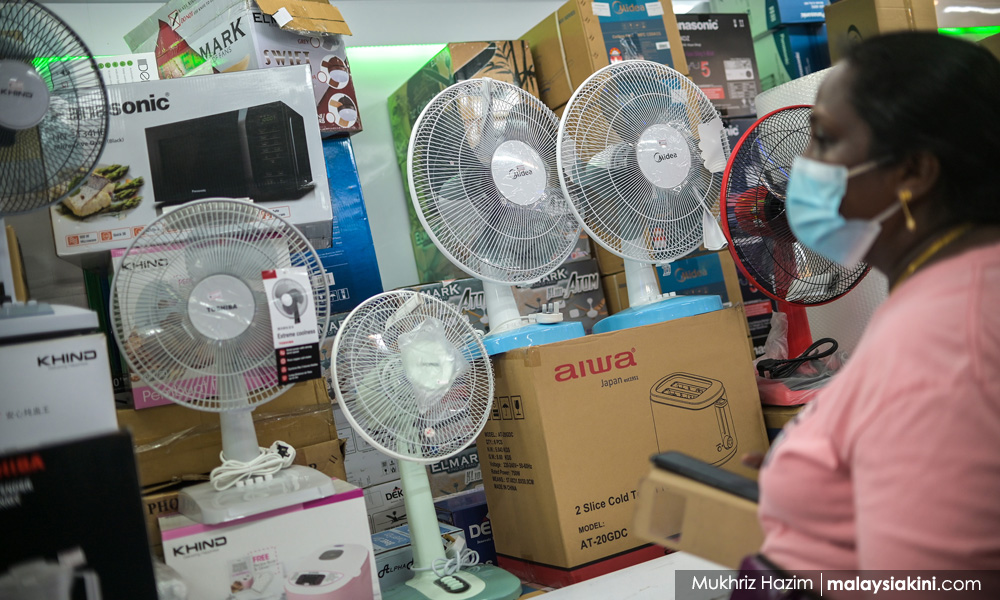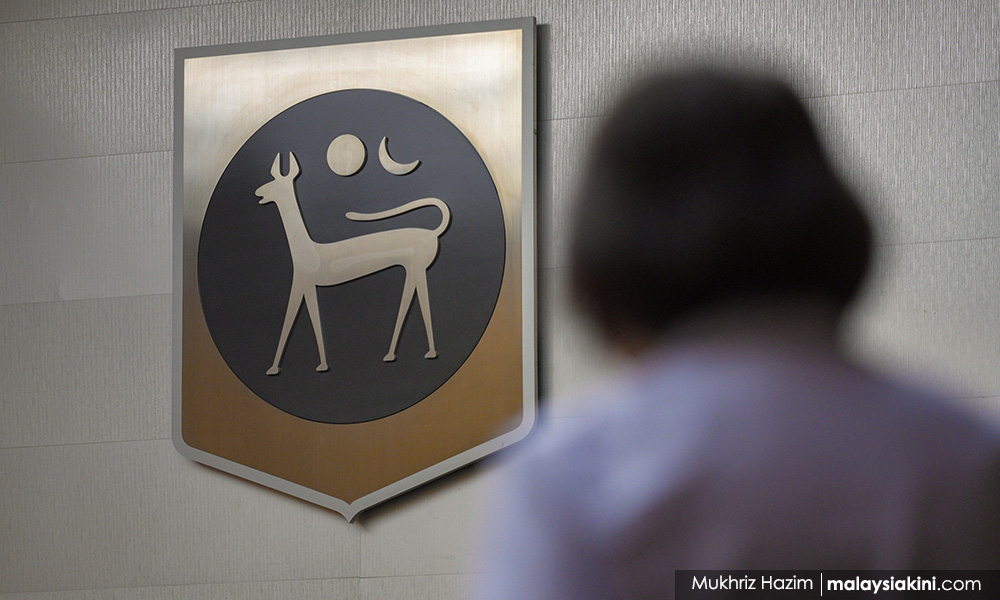Buy Now Pay Later (BNPL) schemes are rapidly growing in Malaysia. Under this scheme, when a product or service is purchased, the purchaser pays a down payment and settles the rest of the payment through instalments over a certain period, usually over three months. Usually, no interest is charged.
Currently, there are an estimated eight major BNPL players in Malaysia. Being non-financial intuitions, they are not regulated by Bank Negara Malaysia. Thus there is no meaningful oversight of their activities and they are not subject to laws that can protect consumers against unfair deceptive or abusive practices.
The benefits to consumers are that it allows them to break their purchases into manageable payments and benefit from the zero percent interest rate. Furthermore, often consumers do not need a good credit score to qualify thus there is often a lower entry barrier to BNPL schemes than credit cards or bank loans.
In Malaysia, the basic requirements to qualify for the BNPL scheme is that one just has to be a Malaysian citizen, above the age of 18, have a debit card, a phone number and an email address. Consumers can now easily purchase the product they want.
Yet there are risks. Firstly, while there may be no interest charged, there could be other charges such as processing fees and administration fees.
Secondly, the penalty for late payments can be exorbitant. It has been estimated that with late charges the consumer would pay more for the product than if they had been charged interest. Late payment fees may vary between a fixed payment to a percentage of the outstanding payment.

Not regulated
Often there is a lack of understanding by consumers of the terms and conditions of the BNPL schemes. As mentioned, the rates charged are not regulated by any agency.
The biggest concern in regards of BNPL schemes is that they would push consumers further into debt. Even before the BNPL schemes research findings had shown that 68 percent of Malaysians believed that they had not saved enough, 52 percent indicated that they would have difficulty raising RM 1,000 to face an emergency and 47 percent admitted being excessively over-indebted. BNPL could make this situation worse.
Through smaller instalments, BNPL creates the illusion of the product or services being more affordable and thus encourages purchases when the consumers cannot afford to purchase the product in the first place.
Secondly, with purchases being made at the click of a mouse, there could be a tendency to make purchases without seriously thinking if one can actually afford the product. This could cause consumers to spend beyond their means and accumulate more debts.
Other risks of BNPL include your debts being handed over to debt collection agencies. And we have read many horror stories about how debt collection agencies collect their payments.
Yet another risk is that if you are unable to make your payments, it could affect your credit score making it even more difficult to get loans in the future for essential purchases such as for the purchase of a house or education for yourself or your children.
Lack of clarity
There is often a lack of clarity on what happens if the loans are not paid on time or things go wrong for the consumer, for example loss of a job or other negative situations.
BNPL has existed in other jurisdictions and thus we can learn from these countries the impact of BNPL on consumer welfare. In fact, the impact of BNPL has been so harmful that in almost every country there has been a call for regulation to protect consumers.
The issue is so serious globally that Consumers International, the international consumer movement representing consumers throughout the world, has launched a global campaign themed “A Call for Effective Regulation of Buy Now Pay Later Products”.
Some of the concerns of Consumers International are that the industry is unregulated, there are no proper checks on whether consumers can afford to pay for the product, late fees charged are exorbitant, and that BNPL leads to overconsumption leading to harm to the consumers' welfare.

Regulating BNPL
Fortunately in Malaysia, the Securities Commission, Bank Negara Malaysia and the Finance Ministry are looking into regulating the BNPL industry through the Consumer Credit Act, 2022. A key component of the Act would be to protect consumers from financial harm.
In regulating BNPL, Fomca calls on the policymakers to act on four key areas:
1. To regulate BNPL as any other form of credit. Thus there should be a cap on fees, charges and late payments. Furthermore, there should be restrictions on unsolicited marketing as well as attention to privacy issues as consumer data is being collected.
2. To require BNPL providers to assess whether the product or services being purchased are affordable to consumers before providing credit.
3. To enable consumers to have access to a redress system in case of consumer/seller dispute.
4. All terms and conditions must first be fair and just to consumers. Next transparency of these terms is essential, especially on the late payment charges and the consequences of late payments. This information must not only be transparent but visible and in a form easy to understand.
Although Malaysia has a National Strategy for Financial Literacy 2019-2023, not enough is being done to empower consumers through financial literacy programmes.
Financial literacy programmes are crucial for all consumers, but especially for young workers, so that they practice responsible financial behaviours to save adequately, manage their debts and prepare for retirement.
Financial literacy programmes need to be conducted widely and extensively to empower consumers to face the many financial challenges such as BNPL schemes as well as the continuous scams that consumers are being exposed to. Most importantly, financial literacy empowers consumers to practice responsible financial management. - Mkini
PAUL SELVA RAJ is the secretary-general of the Federation of Malaysian Consumers Associations (Fomca).
The views expressed here are those of the author/contributor and do not necessarily represent the views of MMKtT.



No comments:
Post a Comment
Note: Only a member of this blog may post a comment.